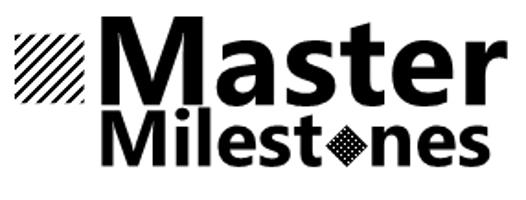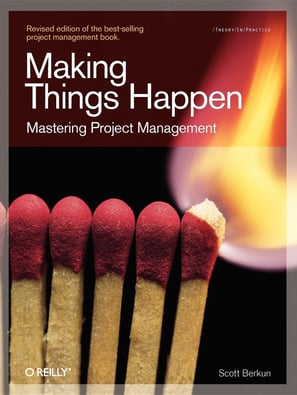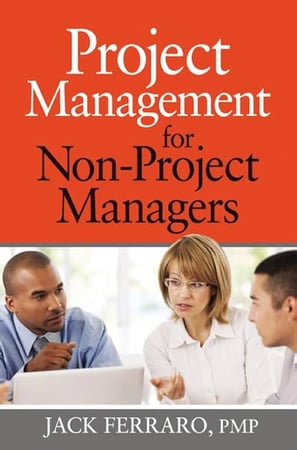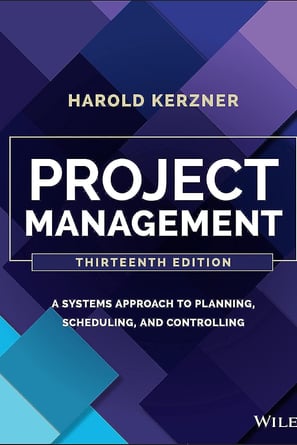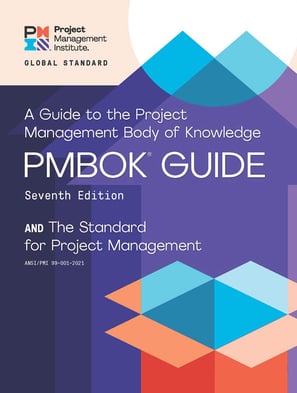Project Management Classics
Discover essential books that teach timeless project management techniques for effective leadership and success.
"Making Things Happen" by Scott Berkun
Making Things Happen is a must-read for anyone seeking to master the art of project management and leadership. The book provides practical insights, grounded in real-world experiences, making it highly relatable and actionable. Berkun’s writing is engaging and free from jargon, making complex topics easy to understand for readers at any level. It emphasizes the importance of adaptability and communication over rigid methodologies, which is invaluable in today’s dynamic work environments. Whether you’re a seasoned manager or new to leading teams, this book offers timeless strategies to help you inspire, organize, and deliver results effectively.
Why read it? Focuses on the human side of managing projects, such as dealing with uncertainty and motivating teams
Project Management for Non-Project Managers is an essential guide for professionals who find themselves managing projects without formal training. The book simplifies project management principles, making them accessible to anyone, regardless of experience. Ferraro offers practical tools and techniques that can be applied immediately, focusing on efficiency and collaboration. Its real-world examples and relatable scenarios help demystify the process, making it less intimidating for newcomers. If you want to deliver successful projects while juggling your everyday responsibilities, this book is a valuable resource.
Why read it? Focuses on practical skills and applying project management principles in various industries.
"Project Management for Non-Project Managers" by Jack Ferraro
1
2
The PMBOK® Guide is essential for project managers as it provides a comprehensive framework of best practices for managing projects across industries. It is a globally recognized standard, serving as the foundation for PMI certifications like PMP®. The guide standardizes project management terminology and techniques, fostering consistency and clear communication. It emphasizes flexibility by encouraging the tailoring of processes to fit specific project needs, whether traditional, Agile, or hybrid. Updated regularly, it keeps professionals aligned with modern practices and trends.
Why read it?
Foundation for Excellence: Offers structured, standardized methodologies for project success.
Practical and Adaptable: Tools and strategies that fit diverse industries and project types.
3
Comprehensive Coverage: The book dives deeply into traditional project management methods like the Waterfall model and outlines their application in real-world scenarios.
Expert-Level Insights: It includes advanced techniques for planning, scheduling, and risk management, making it ideal for seasoned project managers.
Practical Frameworks: Kerzner provides frameworks and tools that are widely adopted in industries like construction, IT, and manufacturing.
Why read it?
The importance of structured methodologies, particularly in complex projects.
Using metrics and KPIs to monitor progress and make informed decisions.
Adopting a holistic view of a project, considering all interdependencies.
How to apply traditional frameworks like Waterfall in various industries with practical, real-world examples.
"Project Management: A Systems Approach to Planning, Scheduling, and Controlling" by Harold Kerzner.



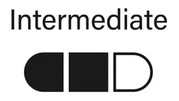


"PMBOK Guide - Seventh Edition and The Standard for Project Management" by Project Management Institute
4


